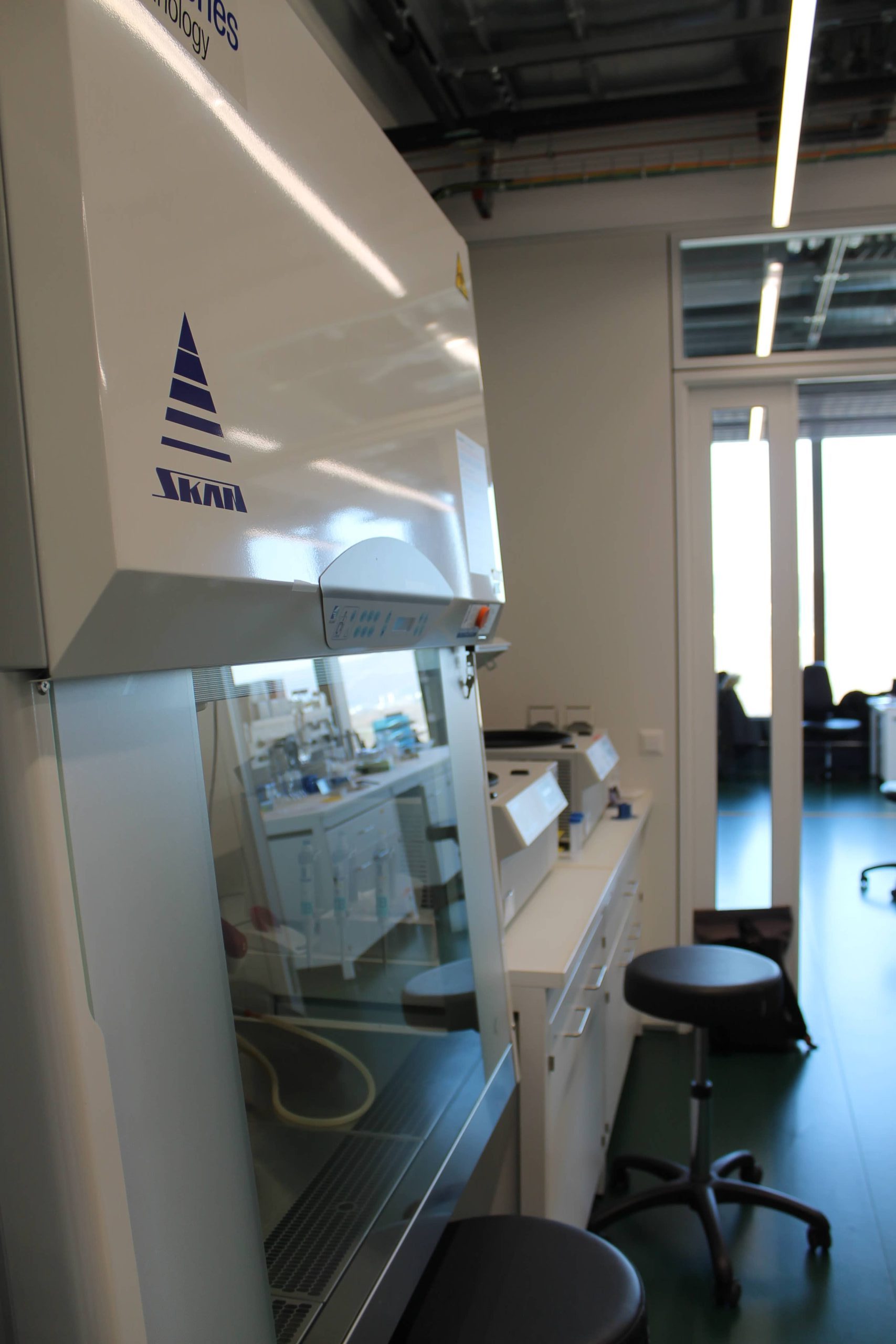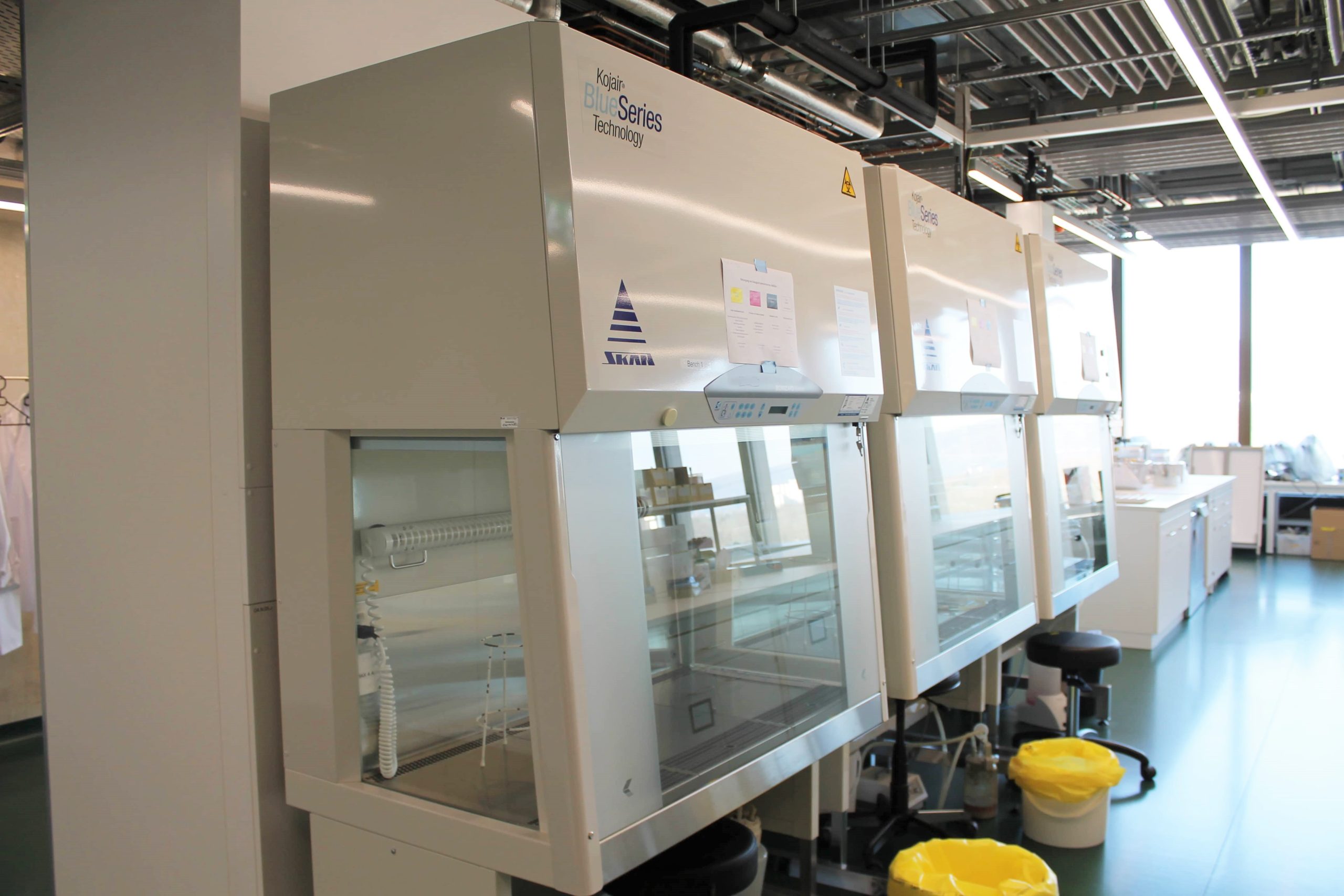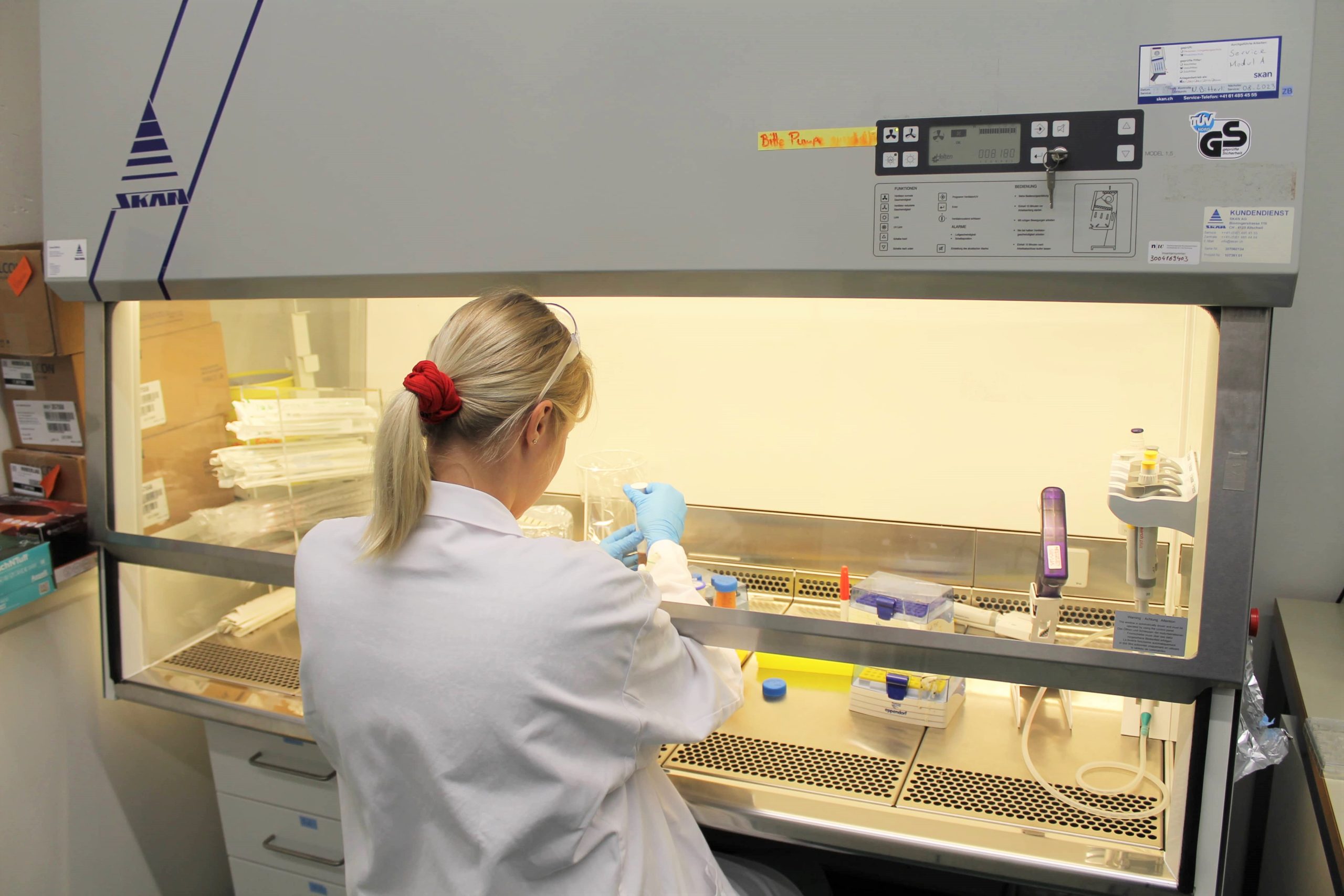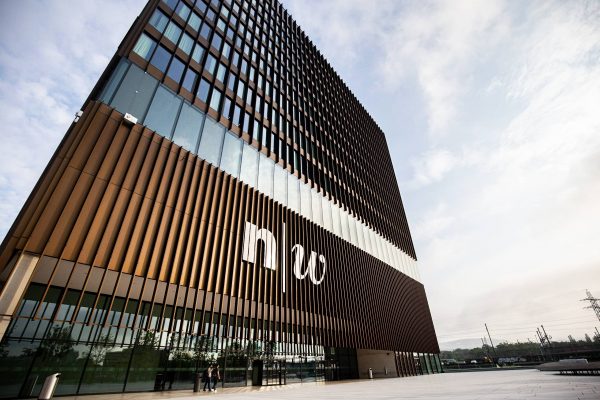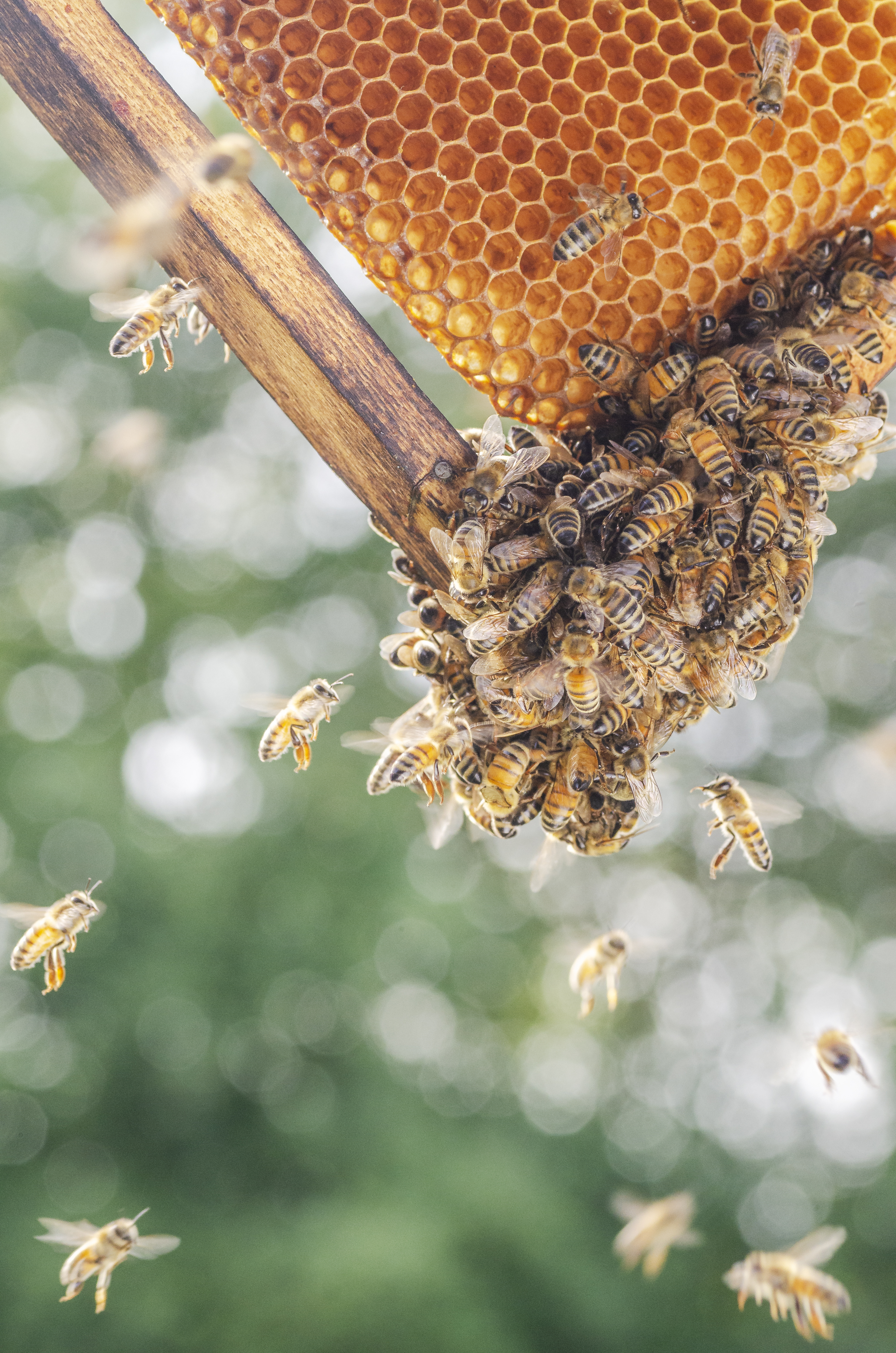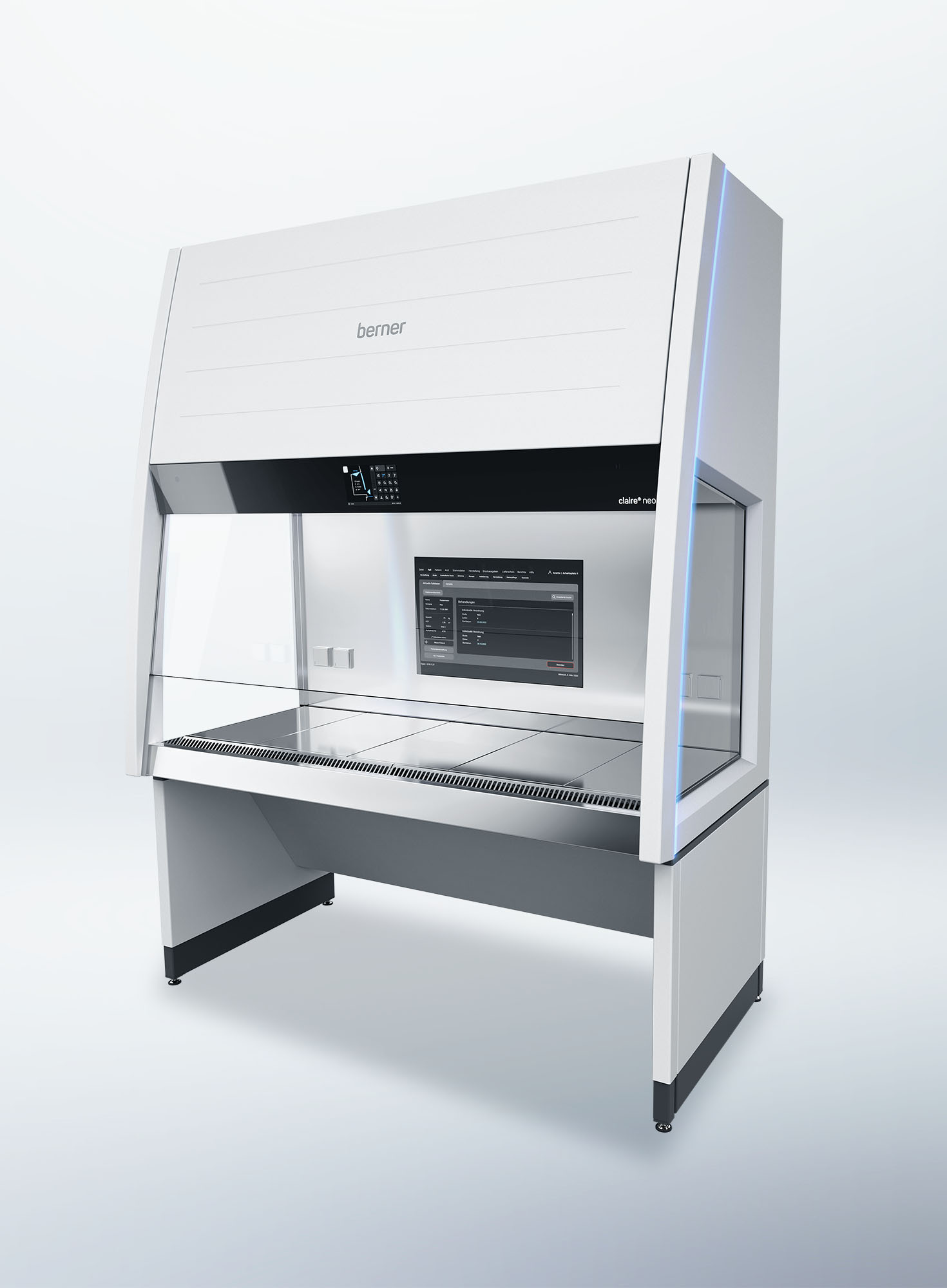At the modern Muttenz campus of the University of Applied Sciences and Arts Northwestern Switzerland (FHNW), students are prepared for a successful future in chemistry, bioanalytics and cell biology, chemical and bioprocess engineering, pharmaceutical, environmental and medical technology.
Situated in the canton of Basel, a life sciences hub, the university maintains close and mutually beneficial links with industry.
Application
The FHNW School of Life Sciences at Muttenz consists of four research institutes: Chemistry and Bioanalytics, Pharma Technology, Medical Engineering and Medical Informatics and Environment and Resources, where research takes place both in a practice-oriented environment with students and in the staff’s own current projects with industry. With around 30 safety cabinets, there are no limits to the types of research that can be carried out
Our solution
Working with cell cultures or biologically toxic substances, or in medical engineering, requires a high standard of personal and product protection. That’s why the equipment in the School of Life Sciences includes the Kojair SilverLine safety cabinet.
Intuitively designed and easy to use, it supports learning, research and the gaining of experience for staff and students alike.
During the summer vacation, when students take a break from their studies, the university takes the opportunity to carry out annual maintenance. SKAN’s service technicians service the units and carry out any necessary repairs in just a few days. If required, they can also service the units of other manufacturers.
Impressions
Cooperation
The FHNW School of Life Sciences and SKAN have previously organised three events (Corona Stories in 2020 and 2021 and Future Stories in 2022), promoting dialogue between research, teaching and industry.

